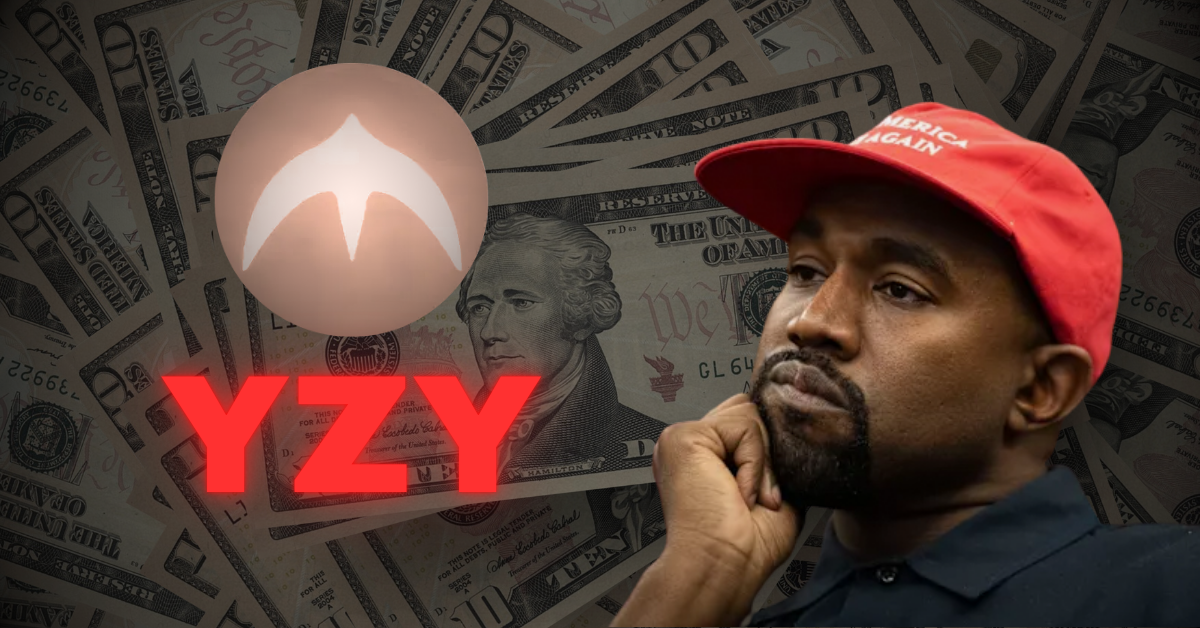Key Takeaways
- A U.S. appeals court overturned Yuga Labs’ $9M trademark award against Ryder Ripps.
- The court found insufficient proof of consumer confusion from Ripps’ NFT collection.
- The three-judge panel said a federal court trial was needed to determine whether the Ripps NFTs infringed on Yuga’s trademark.
A major twist in the high-profile legal battle between NFT firm Yuga Labs and digital artist Ryder Ripps has emerged. The U.S. Ninth Circuit Court of Appeals has reversed a previous $9 million ruling in favor of Yuga, stating the company didn’t prove that Ripps’ NFT collection misled buyers. The dispute now returns to trial in a California district court.
NFT Lawsuit Takes a Turn
In 2022, Yuga Labs accused Ryder Ripps and his partner Jeremy Cahen of copying its Bored Ape Yacht Club brand with their “Ryder Ripps Bored Ape Yacht Club” NFT collection. Yuga claimed the imitation confused buyers and diluted its intellectual property.
But in a decision issued Wednesday, the Ninth Circuit Court said Yuga failed to prove consumer confusion. It overturned the $9 million judgment and sent the case back to trial. Ripps celebrated the ruling as “a huge victory for artists who seek to make expressive meaningful work.”
Yuga Labs co-founder Greg Solano commented, “We’ll now finish the fight in the district court.”
Trademark Status for NFTs Affirmed
Although the financial award was reversed, the court ruled in Yuga’s favor on a crucial point: NFTs are legally “goods” under U.S. trademark law. This opens the door for NFT creators to pursue similar IP protection claims.
The panel affirmed Yuga’s trademark priority as the first to use the Bored Ape marks in commerce. Solano called this a win for all NFT holders, noting that it affirms the enforceability of digital brand identities.
Back to Court for Final Ruling
Yuga initially won a partial judgment in 2023, with a $1.6 million award later increased to $9 million. But the Ninth Circuit concluded trademark infringement wasn’t established “as a matter of law.” A federal trial is now required.
The judges also ruled that Ripps and Cahen’s actions weren’t covered by fair use or the First Amendment. The outcome of the new trial could set further precedent in the legal treatment of satire, parody, and trademark rights in Web3.
Conclusion
The Yuga Labs vs. Ryder Ripps saga has taken a dramatic legal turn with the appeals court’s reversal. While the NFT community watches closely, the decision affirms NFT trademark protections and marks a pivotal moment for IP rights in digital art. A trial in district court will determine the final outcome of this influential case.
Frequently Asked Questions
Why did the court reverse the $9M award?
Because Yuga Labs didn’t prove that Ripps’ NFTs caused confusion among consumers.
Is this good news for NFT creators?
Yes. It confirms NFTs qualify for trademark protection.
Will the case go back to court?
Yes, it’s being sent back to a California district court for a full trial.





